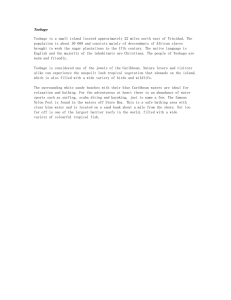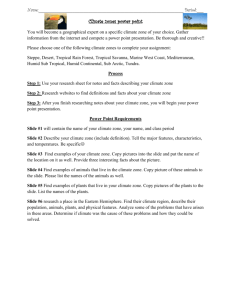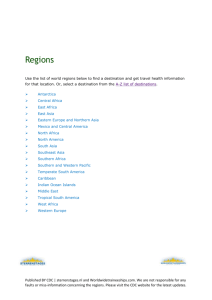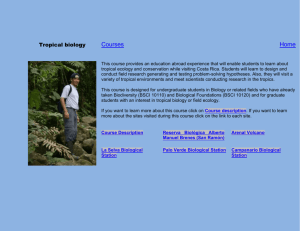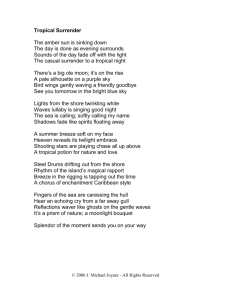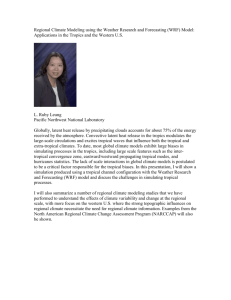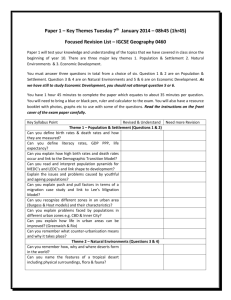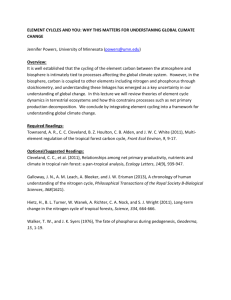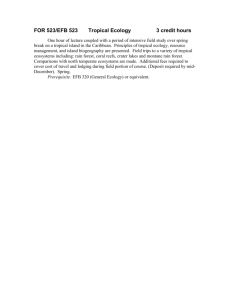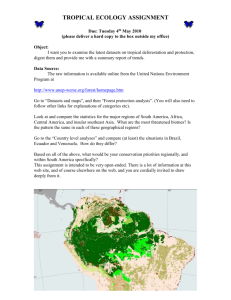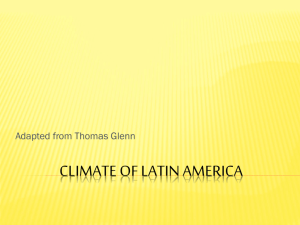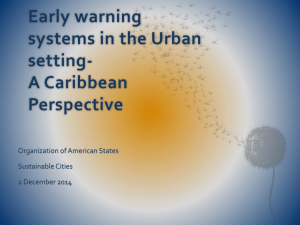Abstract
advertisement
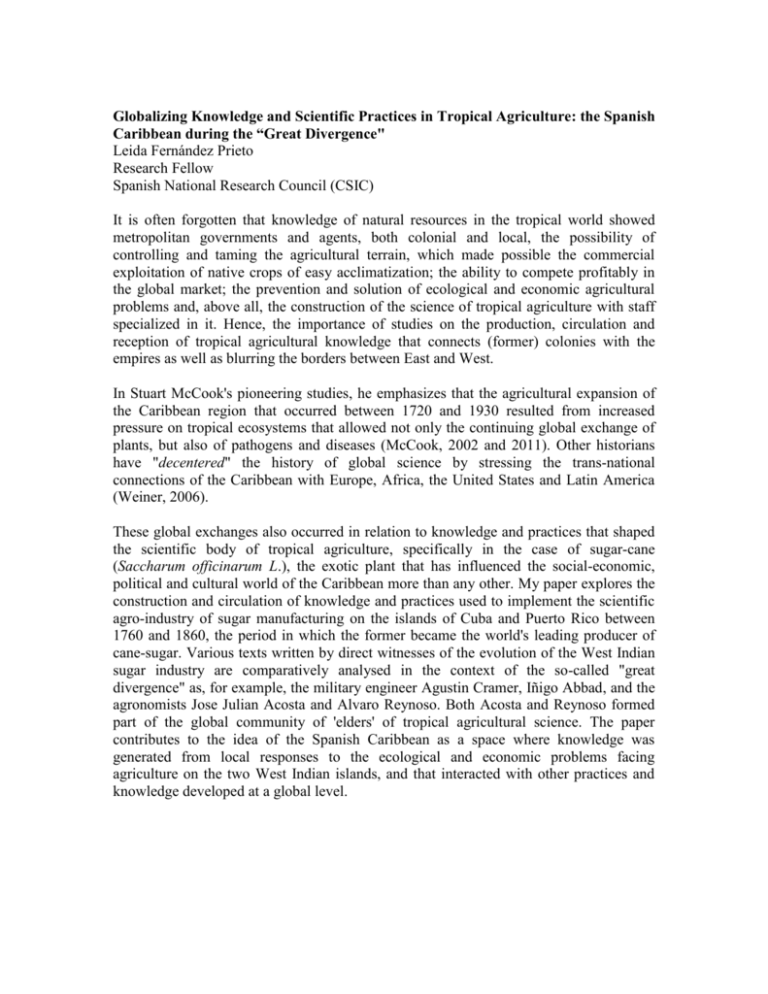
Globalizing Knowledge and Scientific Practices in Tropical Agriculture: the Spanish Caribbean during the “Great Divergence" Leida Fernández Prieto Research Fellow Spanish National Research Council (CSIC) It is often forgotten that knowledge of natural resources in the tropical world showed metropolitan governments and agents, both colonial and local, the possibility of controlling and taming the agricultural terrain, which made possible the commercial exploitation of native crops of easy acclimatization; the ability to compete profitably in the global market; the prevention and solution of ecological and economic agricultural problems and, above all, the construction of the science of tropical agriculture with staff specialized in it. Hence, the importance of studies on the production, circulation and reception of tropical agricultural knowledge that connects (former) colonies with the empires as well as blurring the borders between East and West. In Stuart McCook's pioneering studies, he emphasizes that the agricultural expansion of the Caribbean region that occurred between 1720 and 1930 resulted from increased pressure on tropical ecosystems that allowed not only the continuing global exchange of plants, but also of pathogens and diseases (McCook, 2002 and 2011). Other historians have "decentered" the history of global science by stressing the trans-national connections of the Caribbean with Europe, Africa, the United States and Latin America (Weiner, 2006). These global exchanges also occurred in relation to knowledge and practices that shaped the scientific body of tropical agriculture, specifically in the case of sugar-cane (Saccharum officinarum L.), the exotic plant that has influenced the social-economic, political and cultural world of the Caribbean more than any other. My paper explores the construction and circulation of knowledge and practices used to implement the scientific agro-industry of sugar manufacturing on the islands of Cuba and Puerto Rico between 1760 and 1860, the period in which the former became the world's leading producer of cane-sugar. Various texts written by direct witnesses of the evolution of the West Indian sugar industry are comparatively analysed in the context of the so-called "great divergence" as, for example, the military engineer Agustin Cramer, Iñigo Abbad, and the agronomists Jose Julian Acosta and Alvaro Reynoso. Both Acosta and Reynoso formed part of the global community of 'elders' of tropical agricultural science. The paper contributes to the idea of the Spanish Caribbean as a space where knowledge was generated from local responses to the ecological and economic problems facing agriculture on the two West Indian islands, and that interacted with other practices and knowledge developed at a global level.
